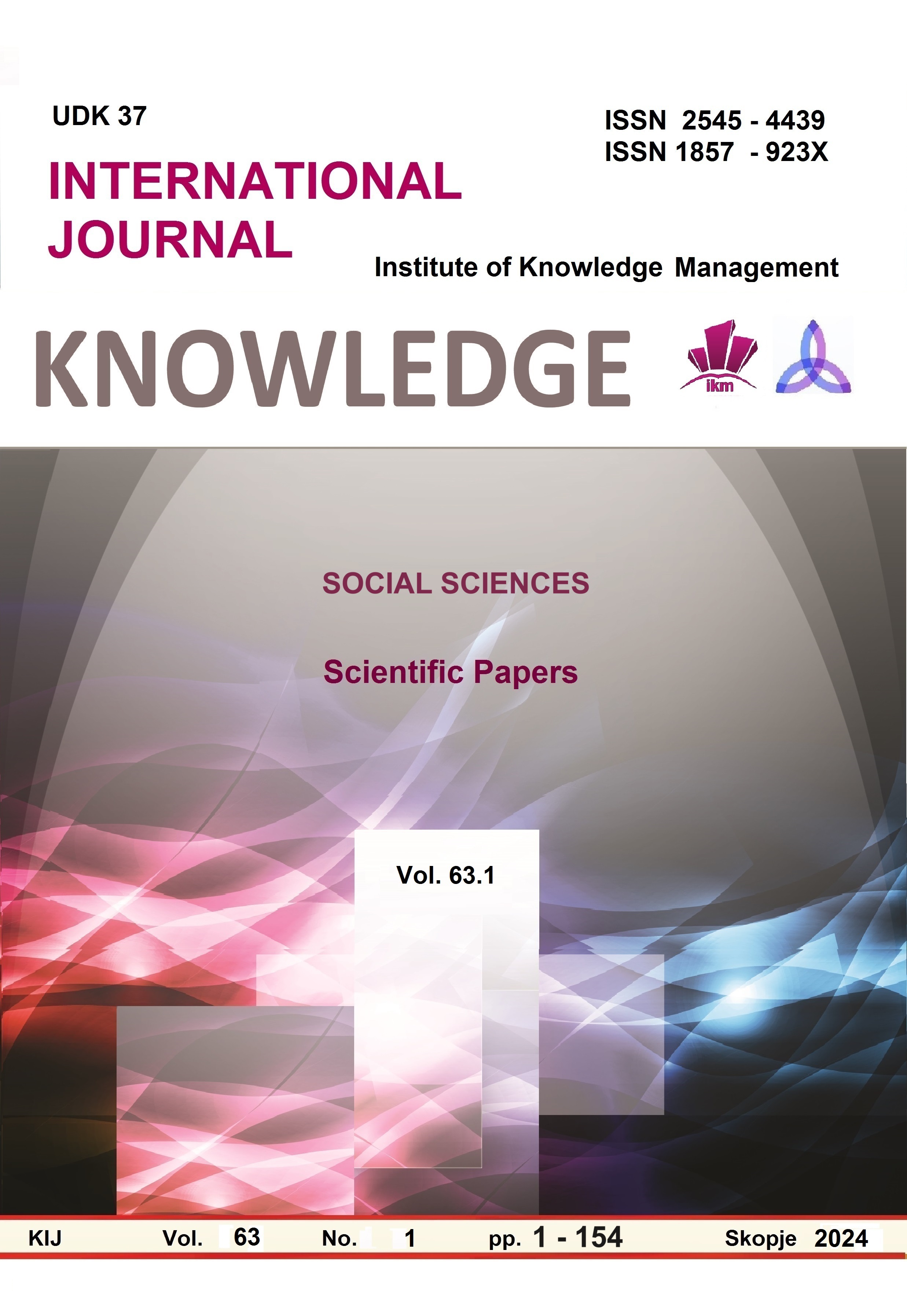ДЕСЕТТЕ НАЙ-ВАЖНИ РИСКА ЗА СЛЕДВАЩИТЕ ДЕСЕТ ГОДИНИ – АКТУАЛНО ИЗСЛЕДВАНЕ ЗА БЪЛГАРИЯ
THE TEN MOST IMPORTANT RISKS FOR THE NEXT TEN YEARS – CURRENT STUDY FOR BULGARIA
Author(s): Borislav Borisov, Valentin SaykovSubject(s): Politics / Political Sciences, National Economy, Energy and Environmental Studies
Published by: Scientific Institute of Management and Knowledge
Keywords: risk assessment;national risks;civil organizations
Summary/Abstract: Risk management is extremely important in today's dynamic and eventful world. Along with global risks valid for most countries, national ones are also of great importance, i.e. those that are specific to a particular country. For the rulers, they are of the greatest importance, as they fall within the scope of their managerial effects. Referring to the popular terminology and established methodologies for risk management, the authors conducted a national survey among experts from various fields entitled "Ten years, ten risks facing Bulgaria" in order to identify the most important risks facing Bulgaria that may occur in the next 10 years. The study was done through a questionnaire, covering 21 potential risks in the field of economic development, the demographic situation, technological progress, social aspects, the political situation, the environment, the influence of external factors, etc. To assess the risks, the popular method of expert assessments was used. The methodology for determining their rating includes assessments of risks according to two criteria - probability of occurrence and significance. Each of the two criteria is evaluated on a five-point scale from 1 – the lowest degree of probability and significance, to 5 – the highest degree of probability and significance. 72 experts from various fields were surveyed through an electronic questionnaire compiled and distributed through Google Forms. The uniqueness of the study is that it focuses on the specific Bulgarian conditions and for a specific ten-year period, which has not been done so far. Such research, carried out by independent civil organizations and experts, could be conducted annually to monitor the list of identified risks and their rating, which would guide responsible officials on what challenges they should expect and what anti-risk strategies they should implement. If successful, it could become a good example of cooperation between executive authorities and civil society structures.
Journal: Knowledge - International Journal
- Issue Year: 63/2024
- Issue No: 1
- Page Range: 65-71
- Page Count: 7
- Language: Bulgarian

